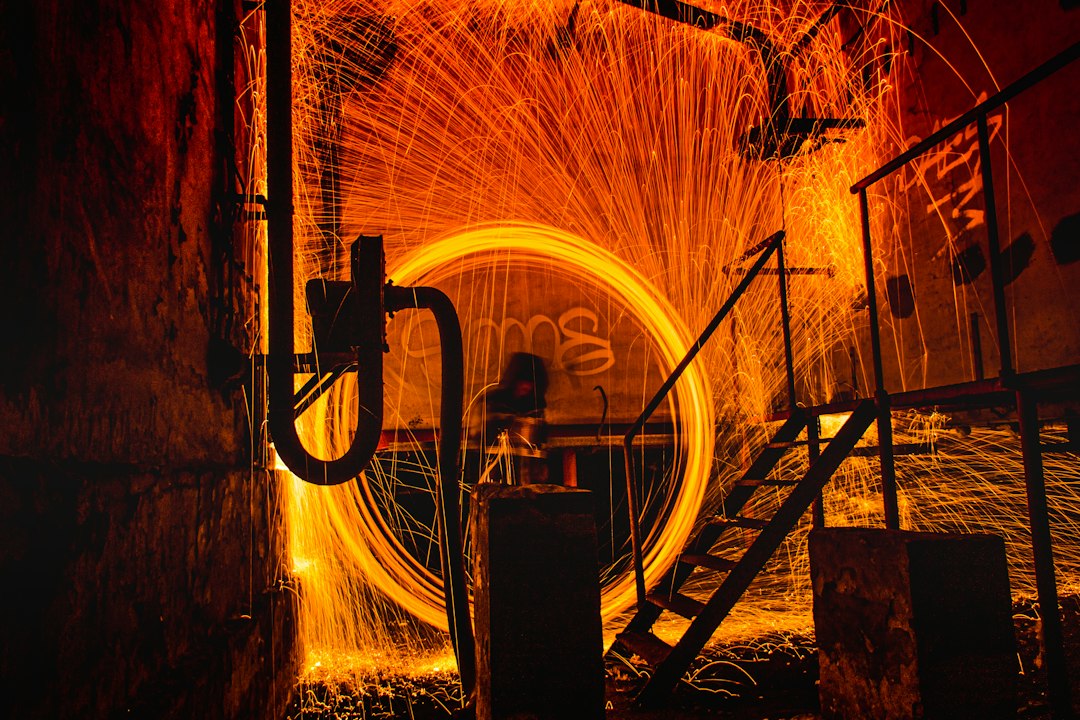The Role of Technology in Modern Manufacturing
In today’s fast-paced world, technology plays a crucial role in every aspect of our lives. From communication to healthcare, education to entertainment, technology has revolutionized various industries. One sector that has particularly benefited from the advancements in technology is modern manufacturing. The integration of technology in manufacturing processes has significantly improved efficiency, productivity, and quality, making it an indispensable tool in the industry.
One of the most prominent ways technology has transformed manufacturing is through automation. The use of robotics and automated systems has eliminated the need for manual labor in many repetitive and labor-intensive tasks. This has not only increased productivity but has also significantly improved worker safety. Robots can perform tasks more efficiently, accurately, and tirelessly than human workers, reducing the risk of errors and injuries. This has allowed manufacturers to produce goods at a much faster rate, meeting the ever-increasing demand of the market.
Additionally, the use of technology has given rise to smart factories. These factories leverage connectivity and data analytics to enhance the entire manufacturing process. With the Internet of Things (IoT), manufacturers can gather real-time data from various machines and sensors, allowing them to monitor and track the production process from start to finish. This data can then be analyzed to identify areas of improvement, detect inefficiencies, and optimize the production line for greater output and cost-efficiency. Such insights enable manufacturers to make informed decisions, reduce downtime, minimize waste, and increase profits.
Another critical aspect of technology in modern manufacturing is the use of advanced machinery and equipment. High-tech machines have not only improved production speed but also accuracy and precision. Computerized Numerical Control (CNC) machines, for instance, use computer programming to control the movement of tools and machinery, resulting in highly precise and consistent outputs. This level of precision and efficiency has allowed manufacturers to meet the strict quality standards demanded by consumers.
Furthermore, technology has contributed to the development of additive manufacturing, more commonly known as 3D printing. This revolutionary technology has transformed the manufacturing landscape by enabling production at a previously unimaginable level. With 3D printing, complex objects can be produced in a matter of hours, eliminating the need for traditional manufacturing processes that may take days or weeks. This has opened up new possibilities for customization, prototyping, and small-scale production. 3D printing has also made it easier to manufacture spare parts and components, reducing the need for extensive inventory and minimizing supply chain disruptions. Overall, 3D printing has proven to be a game-changer in terms of speed, efficiency, and flexibility in manufacturing.
The role of technology in modern manufacturing goes beyond the production line. It also extends to supply chain management and logistics. With the help of technology, manufacturers can track inventory levels in real-time, automate procurement processes, and optimize delivery routes. This level of control and visibility allows manufacturers to streamline their supply chain, reducing costs, minimizing delays, and improving customer satisfaction.
Additionally, technology has enhanced collaboration and communication within the manufacturing industry. Cloud computing and collaborative platforms enable teams to work together seamlessly, regardless of their physical location. This has significantly improved decision-making, problem-solving, and innovation in the manufacturing sector. Engineers, designers, and manufacturers can share ideas, collaborate on projects, and make real-time adjustments, ultimately leading to improved products and increased efficiency.
In conclusion, technology plays a vital role in modern manufacturing. From automation and smart factories to advanced machinery and additive manufacturing, technology has revolutionized the way goods are produced. The integration of technology has not only increased productivity and efficiency but has also improved product quality and worker safety. Moreover, technology has facilitated better supply chain management, communication, and collaboration within the manufacturing industry. As technology continues to evolve, it is expected to bring further advancements and innovations to the manufacturing sector, shaping the future of production.

